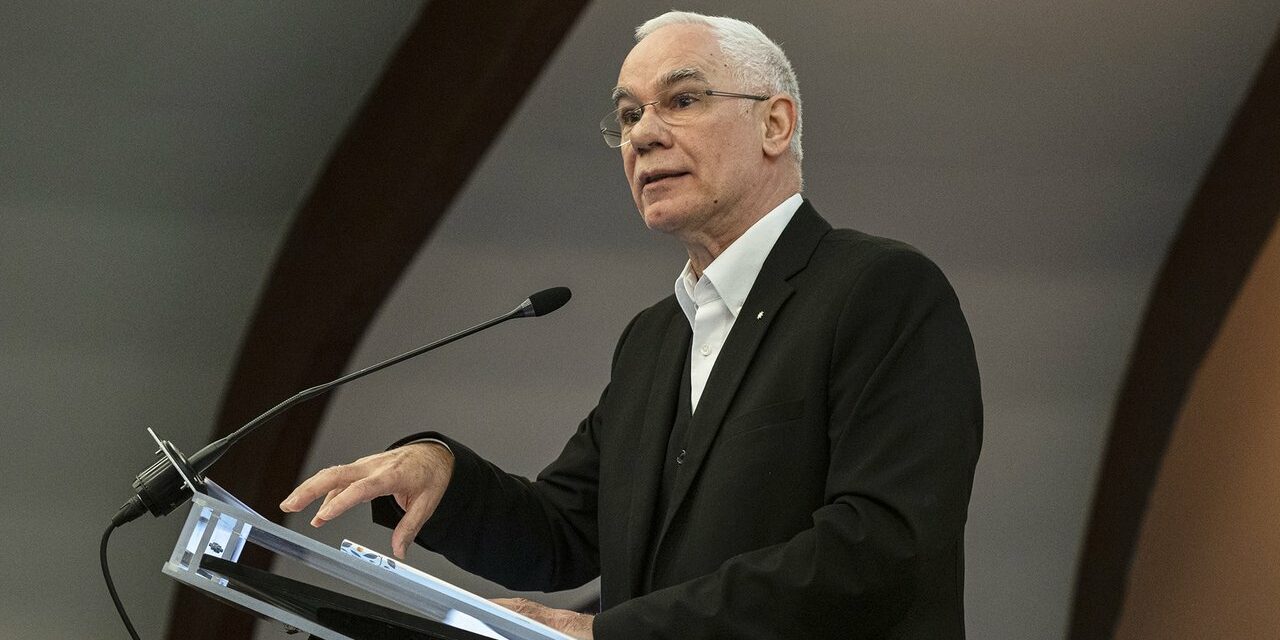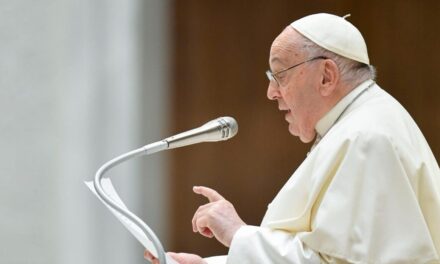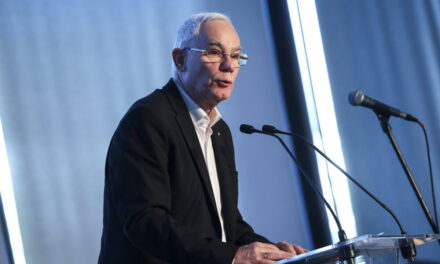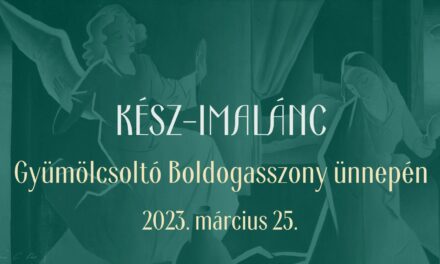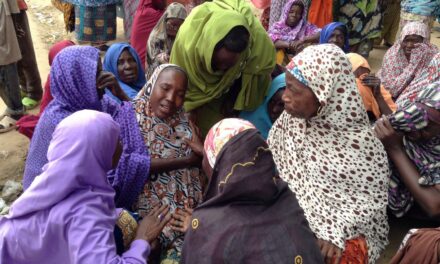It began in the XV. The sixth session of the Synod cycle is on Tuesday in Balatonszárszó, in the large hall of the SDG Conference Center. Among other things, those gathered deliberated on the amendment of the election and higher education laws, as well as the year of the pastoral profession.
Bishop Zoltán Balog, the pastoral president of the Synod of the Reformed Church of Hungary, gave his opening speech, then reported on the actions of the Presidency, and explained the decisions made by the Synod since April 7, 2022. In his speech, he emphasized that the decisions made together give the real strength of the community. He emphasized that from the teaching of the seven ample and the seven lean years, we must understand that God also turned the seven lean years for good, as he saved many peoples through Joseph. The bishop also emphasized the importance of sharing the burden.
"There are always those who have less - we have to help them."
In crisis situations, it becomes clear that the construction in which we took part during the seven long years was only construction in terms of bricks and walls, or in a spiritual sense as well, he explained. He outlined the areas of assistance as concentric circles, in which our family is the innermost, then our church, our church, the needy of our nation and country, and last but not least our neighbors, in this case the refugees and needy from Ukraine. All this is also an opportunity for us to show what we have understood from the teachings of the seven abundant years. We will stay together, we will not reduce our services - he emphasized.
He also identified the issue of church self-preservation as a key issue. According to the bishop, one of the tasks of the next ten years will be for our communities to learn that sacrifice is necessary for the church to function. He said about the church institutional system that they are not pledges of survival, but tools of service through which we can lead people to God. In connection with this, he announced that 2023 will be the year of the pastoral profession in the Reformed Church. He pointed out that without pastors and religious teachers, the reformed education system cannot achieve its goal either. He also spoke about the war raging in our neighborhood, highlighting the following words:
"Righteousness makes peace, and righteousness brings peace and security forever." (Isaiah 32:17)
In connection with all of this, he repeatedly drew attention to the fact that it is essential for congregations to provide data on utility costs so that parishes in trouble can benefit from the funds created to deal with the crisis.
After that, the amendment of the law on higher education was put on the agenda in the first reading. The previous regulation only named the maintainer, but did not regulate which body of the maintainer is authorized to make the given decision, so this amendment fills the gap and will greatly help the work of law enforcement officers. In addition, in the case of church-maintained higher education institutions, it institutionalizes the board of trustees and the board of directors. It was emphasized that the maintenance body is not entitled to make decisions within the scope of university autonomy, but rather shares the decision-making authority that otherwise falls within the competence of the maintenance body between the maintenance body and the maintenance body within the scope determined by the maintenance body.
On Wednesday, a decision was made on the issues discussed on Tuesday.
Source, full article and image: reformatus.hu

